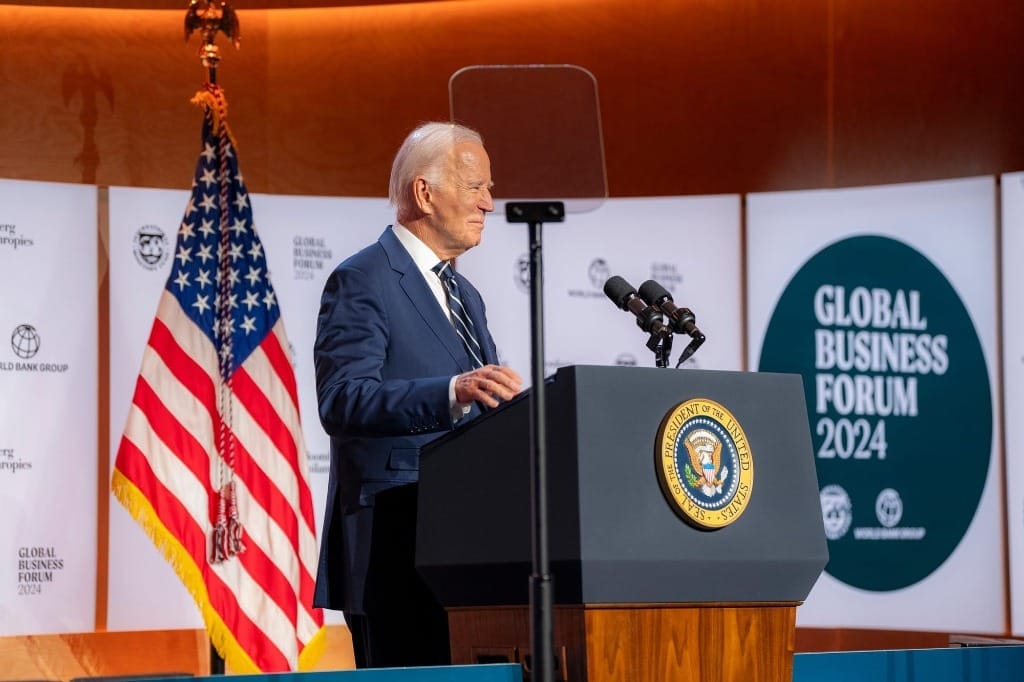Sen. Thune Berates BEAD Program Progress
White House connects Biden with rural family to show deployment progress
Ari Bertenthal

WASHINGTON, Sep. 25, 2024 - Republican federal officials continue to express disappointment in the Biden Administration’s implementation of the $42.45 billion Broadband Equity, Access, and Deployment program.
“Not a single person has been connected to broadband service under this program,” said Sen. John Thune, R-S.D., in a Tuesday statement. “This is yet another example of the failure of this administration to [accomplish] basic things.”
Thune is one of many Republican legislators to bash the BEAD program in recent months.
However, a Thursday video released by the White House painted a different picture of rural broadband access under the Biden Administration.
In an interview with rural business owners, President Joe Biden noted that expanded federal Internet access programs have had a tangible effect on people and businesses across rural America.
“What we’re doing nationally with the billions of dollars that we’re spending on providing internet to all communities is a little like what [President Franklin] Roosevelt did for the electrification of rural America,” said President Biden in a White House video.
Despite the connections being made under other federal expenditure programs, Capitol Hill Republicans have expressed worry about the lack of connections and immense costs under the BEAD program.
Lawmakers on the right were concerned about the mandates that dictated how BEAD funding could be used.
Thune pointed to his home state of South Dakota, claiming that the state doesn’t have a single telecommunications company that can use BEAD funds as a result of the strict qualification requirements set forth by the Commerce Department’s National Telecommunications and Information Administration.
The NTIA has implemented a ten-step pathway for an initial proposal, which is the key to gaining access to BEAD funds, though a final proposal is to be submitted before funds can be spent.
Republican legislators have argued that the qualifications imposed by the NTIA were a prime example of federal overreach.









Member discussion